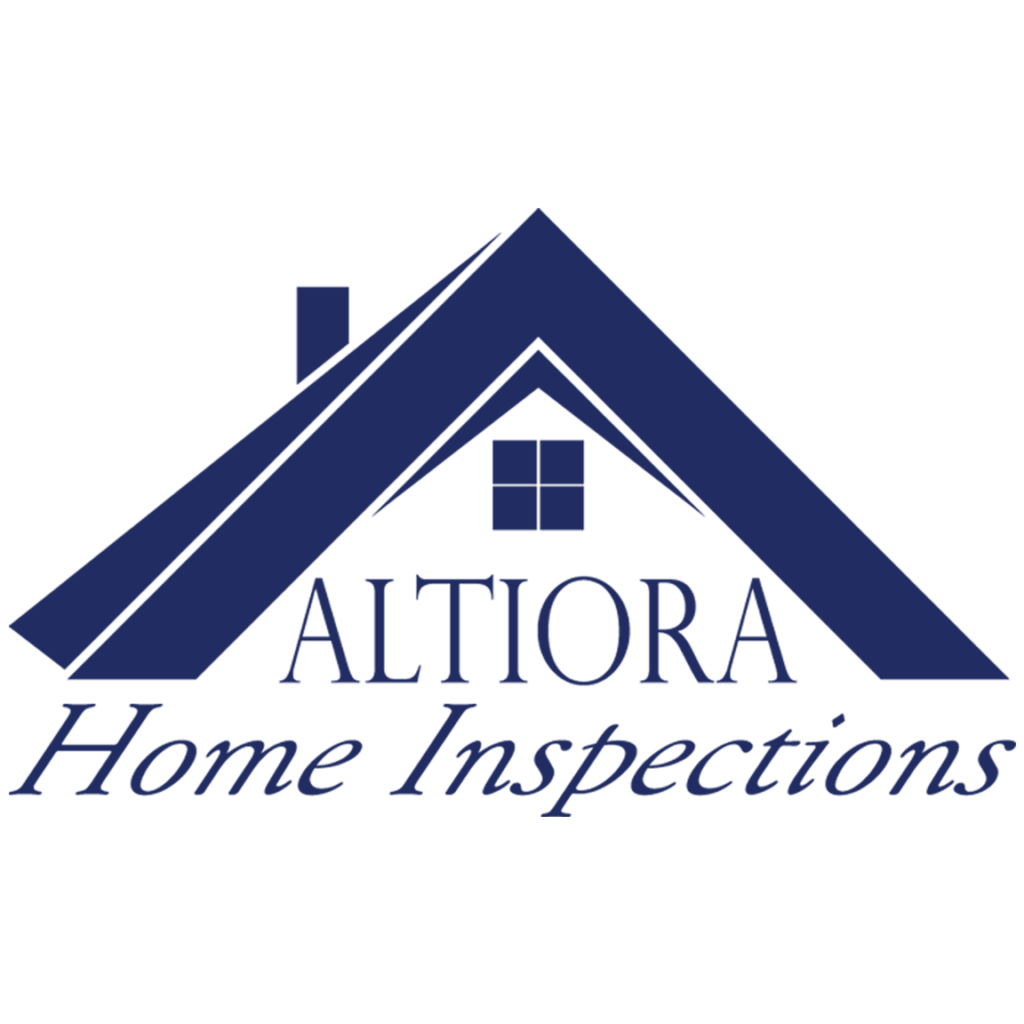Home inspections are vital for buyers, sellers, and homeowners to assess the condition of a property. However, understanding the terminology used during a home inspection can sometimes feel like deciphering a foreign language. To help you navigate through the jargon, we have compiled a brief glossary of essential home inspection terms. By familiarizing yourself with these terms, you’ll gain a better understanding of the inspection process and be equipped to communicate effectively with your home inspector.
- Foundation:
The foundation refers to the underlying structure that supports a building. During a home inspection, the inspector assesses the foundation for any cracks, settlement, or signs of structural issues that could affect the stability of the property. - Grading and Drainage:
Grading and drainage play a vital role in preventing water accumulation and ensuring the stability of a property. During a home inspection, the grading and drainage around the home are assessed to determine if they effectively direct water away from the foundation and other critical areas. - HVAC:
HVAC stands for Heating, Ventilation, and Air Conditioning. This term encompasses the systems responsible for controlling temperature, air quality, and airflow within a property. The HVAC system is inspected to ensure it is functioning properly and efficiently. - Electrical Panel:
Also known as a breaker box or electrical service panel, this is the central distribution point for electrical circuits in a home. The inspector checks the electrical panel for proper wiring, circuit breakers, and potential safety hazards. - Ground Fault Circuit Interrupter (GFCI):
A Ground Fault Circuit Interrupter (GFCI) is an electrical safety device designed to protect against electrical shock hazards. During a home inspection, the presence and proper functionality of GFCI outlets are assessed, particularly in areas where water and electricity are in close proximity, such as bathrooms, kitchens, laundry rooms, and outdoor spaces. - Arc Fault Circuit Interrupter (AFCI):
An Arc Fault Circuit Interrupter (AFCI) is an electrical safety device that helps protect against electrical fires caused by arcing faults. During a home inspection, the presence and proper functionality of AFCI protection are evaluated to enhance the overall electrical safety of the property. - Plumbing:
Plumbing refers to the system of pipes, fixtures, and fittings that supply water and remove waste from a property. A home inspector examines the plumbing system for leaks, proper drainage, water pressure, and any signs of plumbing-related issues. - Roofing:
The roofing system includes the materials, structure, and components that protect the property from the elements. Inspectors assess the roof for signs of damage, leaks, missing shingles, or other issues that could compromise its integrity. - Flashing:
Flashing refers to a thin, waterproof material, often made of metal or rubber, that is installed to prevent water intrusion around openings and joints in a building’s exterior. During a home inspection, the inspector will examine the flashing around windows, doors, chimneys, skylights, and other vulnerable areas to ensure it is properly installed and in good condition. - Moisture Intrusion:
Moisture intrusion refers to the penetration of water or moisture into a property, which can lead to mold, rot, or structural damage. Inspectors look for signs of moisture intrusion, such as water stains, organic growth, or dampness in walls, ceilings, or basements. - Crawl Space:
A crawl space is an accessible area beneath a property’s main floor that allows for maintenance and access to utilities. Inspectors examine crawl spaces for signs of moisture, structural issues, insulation problems, or pest infestations.
Familiarizing yourself with these essential home inspection terms will enable you to better understand the inspection process, communicate effectively with your home inspector, and make informed decisions about your property. While this glossary covers the basics, it is always advisable to consult with a professional home inspector for a thorough explanation of specific terms and their relevance to your property. Remember, a knowledgeable homeowner is better equipped to maintain and protect their investment.

